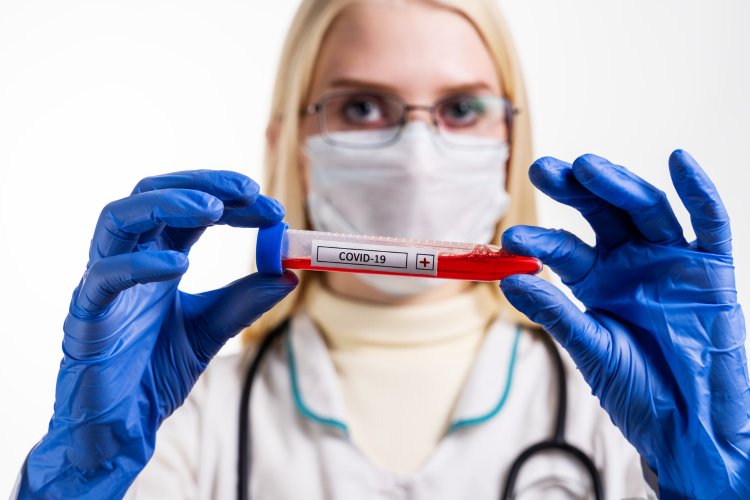In the Shadow of Variants: Spotlight on Eris and Its Genetic Code
In the ongoing battle against COVID-19, the emergence of new variants like the Eris Variant has underscored the evolving nature of the virus and its impact on global health. This article provides a comprehensive exploration of what is known about the Eris Variant, including its genetic makeup, symptoms, transmission dynamics, and implications for public health.

Understanding the Eris Variant
The Eris Variant is a strain of the SARS-CoV-2 virus that has acquired specific mutations in its genetic code. These mutations can alter the virus's behavior in significant ways, affecting its transmissibility, severity of illness, and ability to evade immunity conferred by previous infection or vaccination. Variants like Eris are closely monitored to assess their potential impact on disease spread and effectiveness of current prevention and treatment measures.
Genetic Mutations and Variability
Genetic sequencing has identified key mutations in the spike protein and other genomic regions of the Eris Variant. These mutations may influence how the virus interacts with human cells, potentially enhancing its ability to enter cells or evade immune responses. Variants with such mutations raise concerns about changes in disease severity and the effectiveness of vaccines and therapeutics developed against earlier strains.
Clinical Presentation and Symptoms
Similar to other variants and the original virus, the Eris Variant presents with a range of symptoms, from mild to severe. Common symptoms include:
- Fever
- Dry cough
- Shortness of breath or difficulty breathing
- Fatigue
- Muscle or body aches
- Loss of taste or smell
- Sore throat
- Congestion or runny nose
- Headache
- Nausea or vomiting
- Diarrhea
Severe cases of COVID-19, potentially exacerbated by variants like Eris, can lead to pneumonia, acute respiratory distress syndrome (ARDS), and other complications requiring intensive medical intervention.
Transmission Dynamics
Eris Variant spreads primarily through respiratory droplets produced when an infected person talks, coughs, sneezes, or breathes. It can also spread by touching surfaces contaminated with the virus and then touching the face. The variant's ability to transmit efficiently among populations influences its epidemiological impact and necessitates stringent public health measures to curb transmission.
Public Health Response and Prevention Strategies
To mitigate the spread of the Eris Variant and protect public health, several strategies are recommended:
- Vaccination: Encouraging widespread vaccination to build community immunity against COVID-19, including emerging variants.
- Masking and Physical Distancing: Recommending mask use, especially in indoor settings or areas of high transmission, and maintaining physical distance from others.
- Hand Hygiene: Emphasizing frequent handwashing with soap and water or using hand sanitizer to reduce virus transmission via contaminated hands.
- Testing and Contact Tracing: Implementing robust testing programs and efficient contact tracing to quickly identify and isolate cases.
Global Surveillance and Research Efforts
International collaboration in genomic surveillance is crucial for tracking the emergence and spread of variants like Eris. Continuous monitoring allows health authorities to adapt strategies in real-time, ensuring effective responses to changes in virus behavior and epidemiological trends.
Disclaimer: The information provided in this article is for educational purposes only and should not be considered medical advice. If you have any health concerns or are experiencing symptoms, it is important to consult with a healthcare professional, such as a doctor or clinic, for proper diagnosis and treatment. Always seek the advice of your doctor or other qualified health provider with any questions you may have regarding a medical condition.
Hashtags: #COVID19 #ErisVariant #PublicHealth #Vaccination #HealthTips
What's Your Reaction?





















